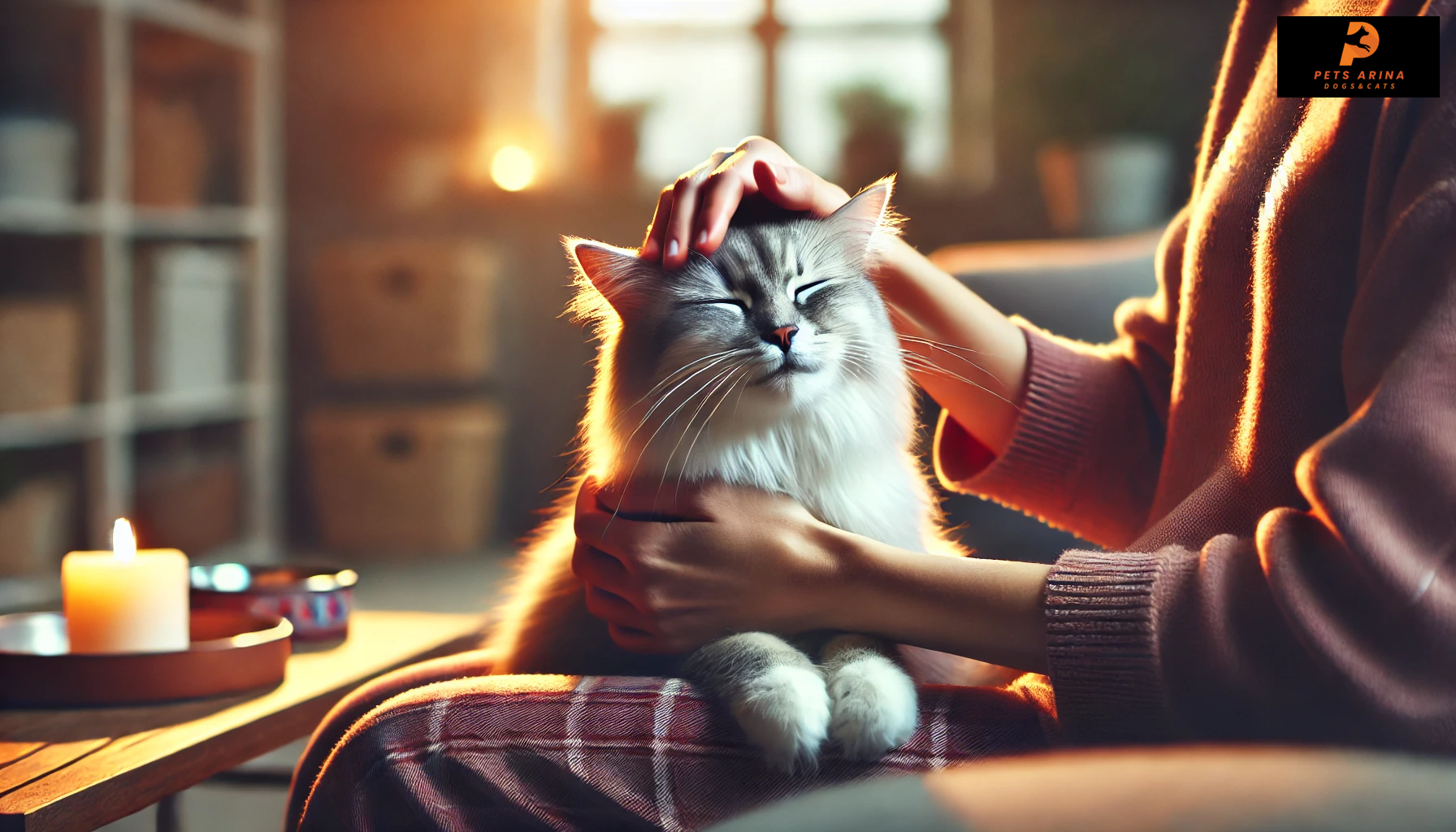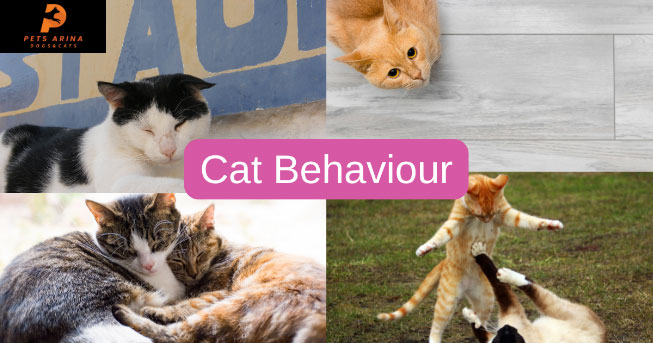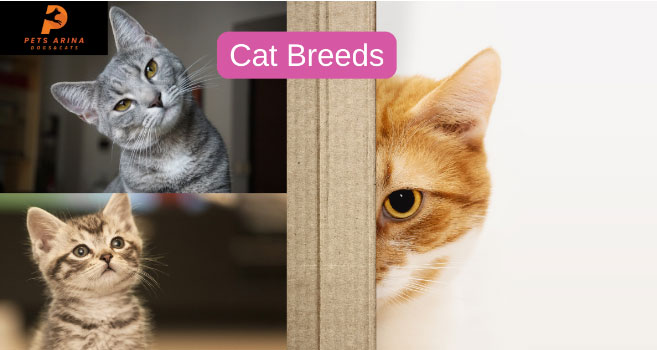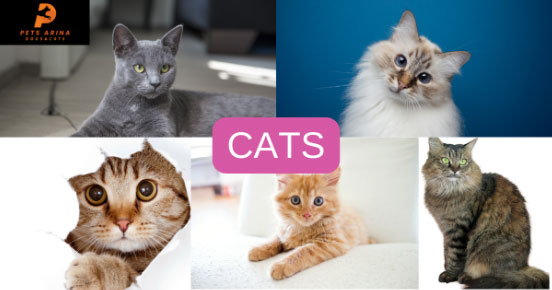Cats’ interesting behaviors oddly appeal to human friends, making them engaging pets. Many cat owners notice that their feline friends have the unusual habit of wanting their butts patted. In this article, we will look at why do cats like their butt patted?
Why do Cats Like Their Butt Patted?
The Tail Base: A Sensitive Area
Cats experience a highly sensitive area at the base of their tails. This spot is rich in nerve endings, making it responsive to touch. When you stimulate a cat’s nerves by patting its butt, it experiences pleasure similar to how humans enjoy a back massage.
It’s a Little Bit Sexual
Feline mating behaviors involve the activation of these nerve endings. Most cats you encounter have undergone spaying or neutering, but this process does not involve the removal or decrease in sensitivity of their nerve endings. The feeling of pleasure remains, even though the reason for it is gone.
Social and Bonding Behavior
Cats groom each other in the wild as a way to strengthen social bonds. Your cat lets you pat its butt, indicating trust and acceptance on its part. Your cat’s head-butting or nuzzling are motions of affection and friendship towards you. You reinforce this bonding experience by patting your cat, strengthening your relationship with them.
Using Scent Glands to Establish Territory
Cats mark their territory with scent from glands located around their bodies, including the base of their tail. When they rub this area against you, they transfer their scent to you. Cats mark their territory and signal that you are part of their safe, personal space through this behavior.
See also: WHY CATS ARE SCARED OF BALLOONS
Signs Your Cat Enjoys Butt Pats
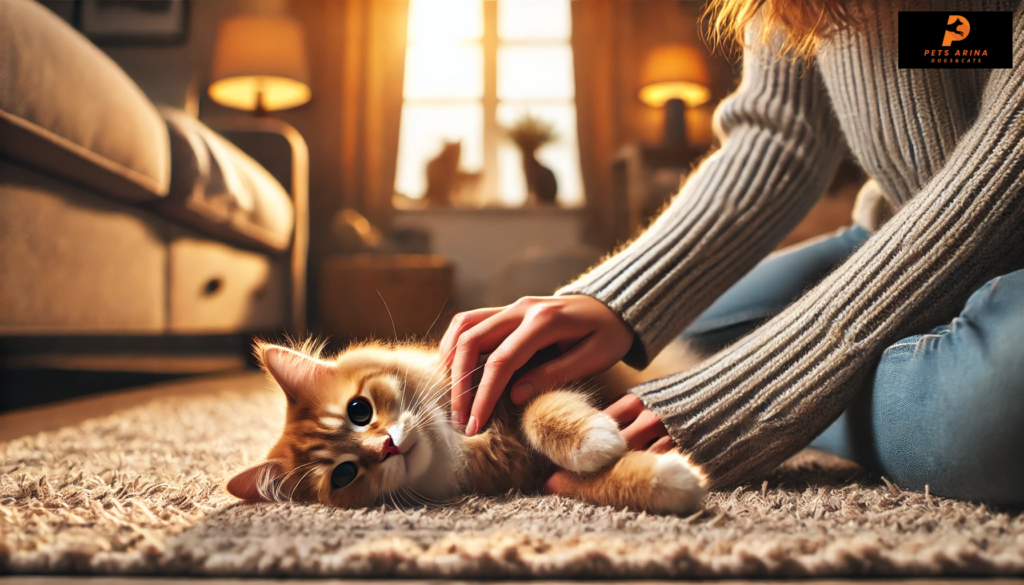
Cats don’t all appreciate having their butts patted. It’s essential to consider your cat’s unique preferences instead. Signs your cat enjoys this attention are:
Purring: It is a clear indication of joy and happiness.
High Hips: When your hand approaches your cat’s hindquarters and they lift them to meet it, this is a positive sign.
Relaxed Posture: A cat that is relaxed and seems to melt under your touch is enjoying the experience.
When to Avoid Butt Pats
Some cats may not enjoy butt pats and may show signs of displeasure, such as:
Twitching Tail: A flicking or lashing tail often indicates irritation.
Moving Away: If your cat tries to move away from your hand, it’s signaling you to stop.
Making a sound: growling, hissing, and other distressed sounds indicate discomfort.
See also: WHY DO CATS LICK EACH OTHER’S BUMS?
Some cats don’t like butt pats
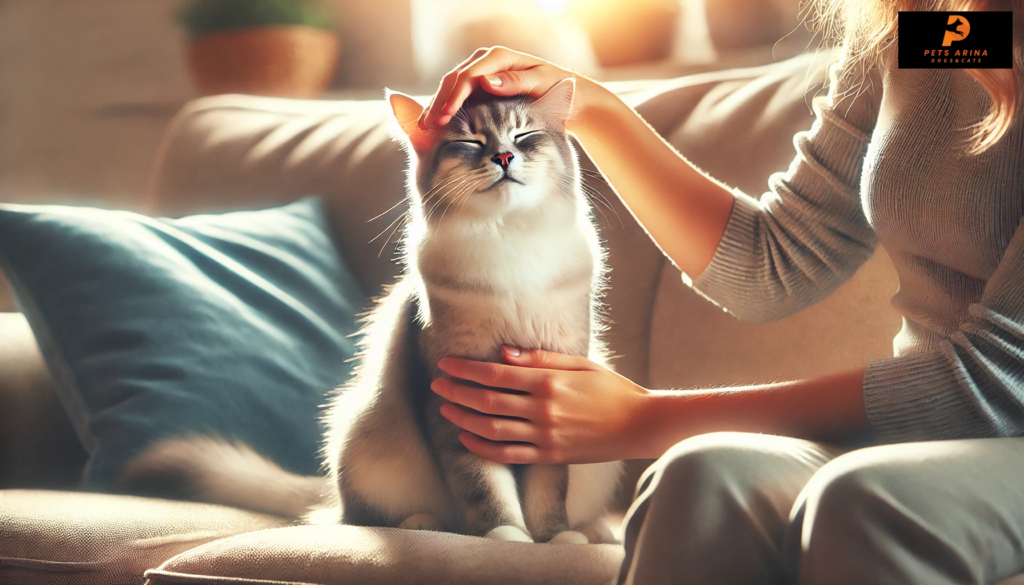
Every cat is unique and has its own likes and dislikes, just like humans. Some cats find butt pats uncomfortable or even irritating. Observe and respect your cat’s individual preferences. Forcing unwanted behaviors on them can lead to stress and harm your bond.
Be aware of their responses at all times and change your interactions accordingly.
See also: WHY ARE BLACK CATS CALLED VOIDS?
FAQ’s
Why do some cats not like their butt patted?
Some cats find it uncomfortable due to the sensitivity of the area.
What should I do if my cat doesn’t like butt pats?
Stop and find other ways to bond that your cat enjoys, such as gentle petting elsewhere.
Can butt pats help reduce my cat’s stress?
Some cats find the motion soothing and may prefer it, but each cat’s preference is individual.
Are there any risks associated with patting my cat’s butt?
Your cat may become uncomfortable or exhibit behavior issues due to excessive or forceful patting. Be gentle and observant of your cat’s response.
Should I pat my cat’s butt if they present it to me?
Yes, you can, if your cat enjoys it. Watch for signs like purring or relaxed behavior.
What if my cat suddenly stops liking butt pats?
Cats change their preferences. Respect their boundaries and find new ways to interact positively with them.
Are there other ways to bond with my cat if they don’t like butt pats?
You can bond with your pet through gentle petting in other areas, interactive play, or providing treats and attention.
Final Words
Patting your cat’s butt can help strengthen the bond between you and your cat. Anatomy, social bonding, and a sense of comfort and security are the reasons for this behavior. You should recognize and respect your cat’s preferences to ensure enjoyable and stress-free interactions for both of you.
However, this behavior is a sign of trust and affection from your cat toward you.

